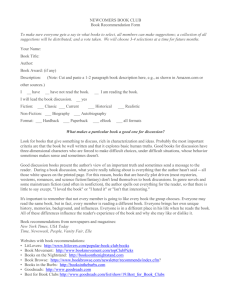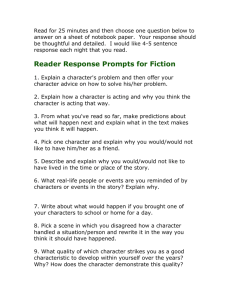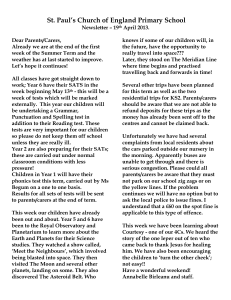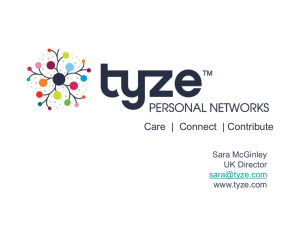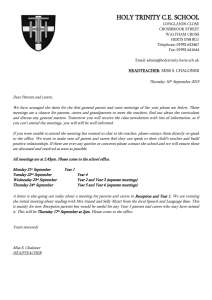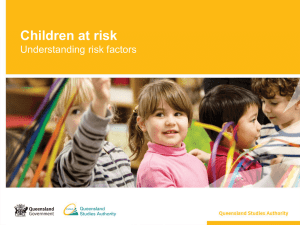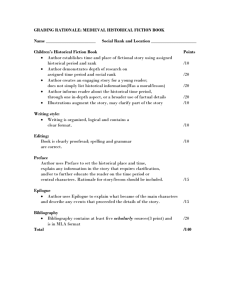Top Tips for Reading at Home - Corfe Castle Primary School
advertisement
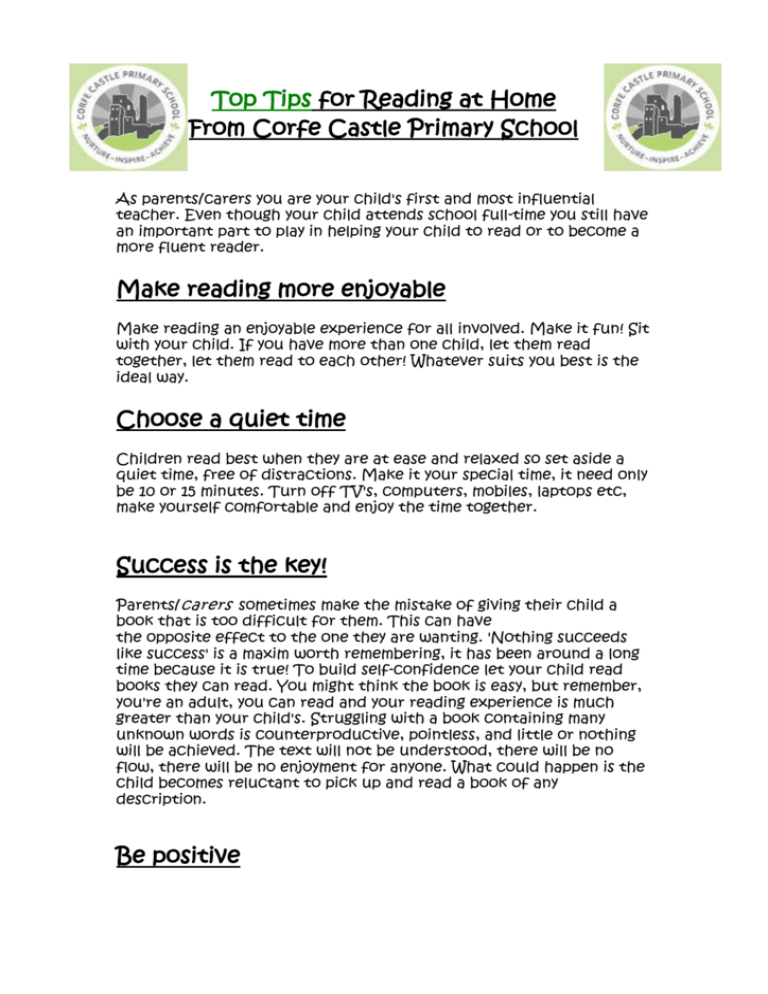
Top Tips for Reading at Home From Corfe Castle Primary School As parents/carers you are your child's first and most influential teacher. Even though your child attends school full-time you still have an important part to play in helping your child to read or to become a more fluent reader. Make reading more enjoyable Make reading an enjoyable experience for all involved. Make it fun! Sit with your child. If you have more than one child, let them read together, let them read to each other! Whatever suits you best is the ideal way. Choose a quiet time Children read best when they are at ease and relaxed so set aside a quiet time, free of distractions. Make it your special time, it need only be 10 or 15 minutes. Turn off TV's, computers, mobiles, laptops etc, make yourself comfortable and enjoy the time together. Success is the key! Parents/carers sometimes make the mistake of giving their child a book that is too difficult for them. This can have the opposite effect to the one they are wanting. 'Nothing succeeds like success' is a maxim worth remembering, it has been around a long time because it is true! To build self-confidence let your child read books they can read. You might think the book is easy, but remember, you're an adult, you can read and your reading experience is much greater than your child's. Struggling with a book containing many unknown words is counterproductive, pointless, and little or nothing will be achieved. The text will not be understood, there will be no flow, there will be no enjoyment for anyone. What could happen is the child becomes reluctant to pick up and read a book of any description. Be positive When attempting to read a word if your child says something nearly right to start with that is ok. Try not to say, "No! That's wrong!" try instead, "Let's read it together." Point to the letters, sound individual letters, blends of letters, point to the words as you say them. Constant praise and encouragement throughout the process will boost confidence and self esteem. Try to maintain some flow in the reading by not interrupting the reader too soon. Sometimes, if left alone, the reader will self-correct a mispronounced word. If your child tries to sound out difficult words, avoid using letter names, always use letter sounds. Communicate Every child in school has a reading diary that can be used by parents/carers to record reading progress. Positive comments are always of more use than anything else; these comments are more effective if used regularly. A child will soon understand that you're interested in their progress and that you place value on their reading. Practise The whole exercise of learning to read or improving reading is a cooperative one, together home and school can be very effective. Regular practice is essential, should happen every school day, if only for 10 - 15 minutes, no more. Understanding what has been read is just as important as the ability to read words. Daily practice can include discussion about the book, such as; What do you think we will find on the next page? Ask about the pictures. Ask about the effects of simple punctuations. For example full stops, capital letters at the start of sentences, commas and exclamation marks, and possibly speech marks as the year evolves. Talk about the characters. What was your favourite part of the book? How do you think the book will end? Good understanding of what has been read will develop comprehension skills. Variety The greater the variety of reading material available the better the experience is. Hardback books, paperbacks, comics, magazines, fiction, non- fiction, newspapers and poems; it doesn't really matter. Use the local library, books are free, as are DVD's, audio books and ebooks. (Using the library can also help keep the library open during a period of public service cut backs).




